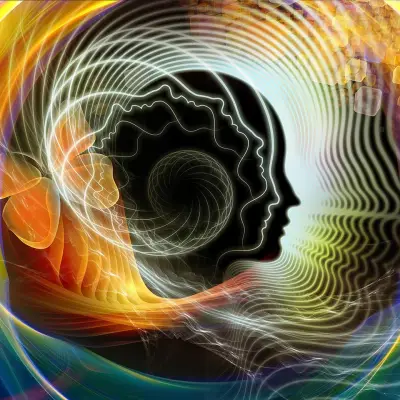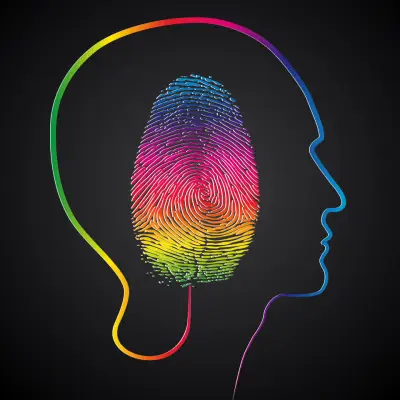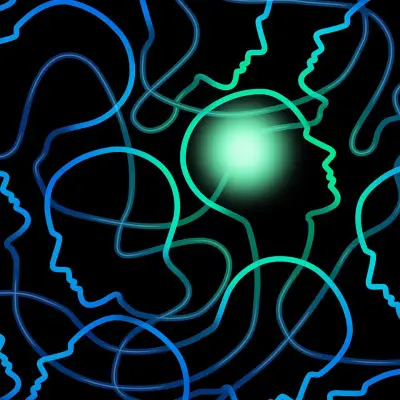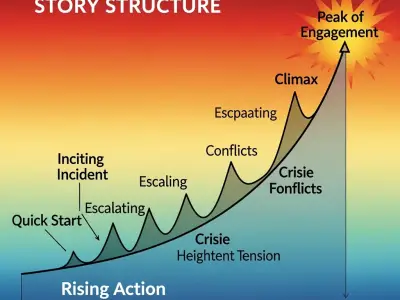Navigating the dating and relationships scene can sometimes feel like a tricky maze. You meet someone, sparks fly, and everything seems perfect… until it's not. One of the challenges that you might come across is the possibility of dating a narcissist.
Recognising the signs of a narcissistic boyfriend or girlfriend isn't always straightforward, but it's essential for maintaining your well-being and emotional health. So, how do you tell if you are dating a narcissist? Let's explore this together, ensuring you're informed and empowered to make the best decisions for yourself.
Jump to:
- What is a Narcissistic Partner?
- Constant Need for Admiration
- Lack of Empathy
- Dominance in Conversation
- Jealousy and Possessiveness
- Gaslighting and Manipulation
- Idealisation-Devaluation Cycle
- Sudden Mood Swings
- Future Faking
- They Rarely Apologise
- The Relationship Revolves Around Their Needs
- How Dating a Narcissist Changes You
- Moving Forward From a Narcissistic Relationship
What is a Narcissistic Partner?
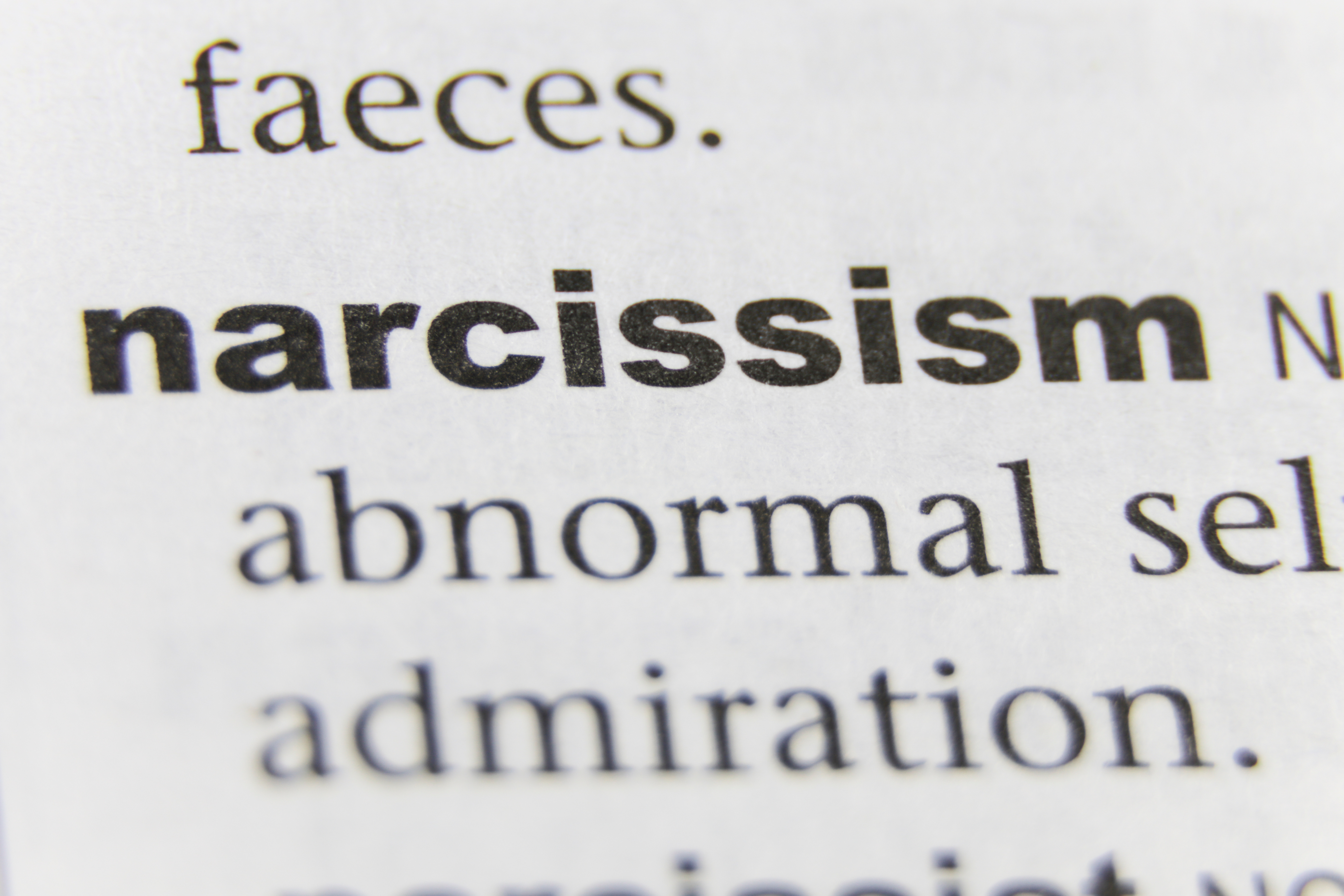
A person with narcissistic personality disorder, or even strong narcissistic traits, often exhibits a pervasive pattern of grandiosity, a constant need for admiration, and a lack of empathy. But how does a narcissist behave in a relationship? Narcissists can be charming and engaging initially, making the relationship seem incredibly promising. However, this facade often crumbles, revealing less pleasant aspects of narcissism and relationships.
Recognising Narcissistic Relationship Signs
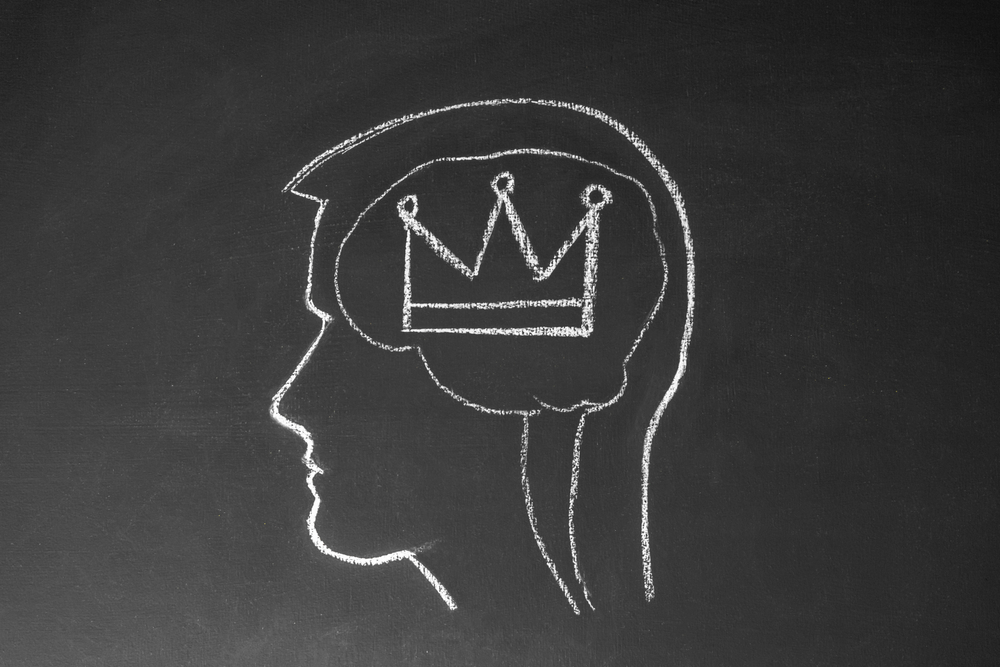
Recognising narcissism is the first stage of self-empowerment. It’s important to note that while everyone may exhibit narcissistic traits to some extent, a true narcissist demonstrates these characteristics to an extreme degree. Here are 10 common signs to look out for:
1. Constant Need for Admiration
In relationships, we all enjoy a bit of admiration and validation from our partners. However, when you're with a narcissistic partner, this need becomes insatiable. They crave constant praise and attention, and their mood may drastically shift if they feel they're not receiving the admiration they believe they deserve. This constant demand can be draining and is often a red flag indicating a deeper issue within the relationship dynamic. It's not just about boosting their ego; it's a fundamental need for them to feel superior and in control.
2. Lack of Empathy
Empathy is the glue that holds relationships together, allowing partners to feel understood and cared for. Narcissistic individuals, however, often exhibit a stark lack of empathy, making it challenging for them to genuinely connect with and understand the emotional states of others. This can leave you feeling isolated, misunderstood, and unsupported. Their inability to empathise is a consistent pattern that undermines the foundation of trust and mutual respect in the relationship.
3. Dominance in Conversation
Conversations should be a two-way street, with both partners having the opportunity to express themselves and feel heard. In a relationship with a narcissist, however, dialogue often becomes a monologue. They tend to dominate conversations, steering them back to themselves and their interests, achievements, or grievances. This constant centring of themselves at the expense of your voice can erode the sense of equality and partnership that is essential to a healthy relationship.
4. Jealousy and Possessiveness
While a degree of jealousy is common in relationships, in a narcissistic relationship, it can take on a more insidious form. Narcissists often perceive their partners as extensions of themselves, leading to excessive jealousy and possessiveness. This is not a sign of love or care but a need to control and assert dominance. Such behaviour can significantly restrict your freedom, making you feel trapped and undervalued.
5. Gaslighting and Manipulation
Narcissists are adept at manipulation, often employing tactics like gaslighting to maintain control. Gaslighting involves denying and distorting reality to the point where the victim begins to doubt their perceptions and sanity. This psychological manipulation is a powerful tool for the narcissist, making you feel dependent on them for the "truth" and further entrenching their control over the relationship. Discover how to take control back from a narcissist.
6. Idealisation-Devaluation Cycle
The relationship with a narcissist often starts on a high note, where they idealise you, showering you with attention and praise. However, this phase is usually short-lived, and as soon as you show any sign of imperfection (as all humans do), they shift to devaluation. This sudden change can be incredibly confusing and emotionally taxing, leaving you on an endless quest to regain their approval.
7. Sudden Mood Swings
Unpredictability is a strong sign of being in a relationship with a narcissist. They can swing from loving and attentive to cold and critical without much warning. These mood swings are often manipulative tactics designed to keep you off balance and more easily controlled.
8. Future Faking
Narcissists are known for making lofty promises about the future, creating a fantasy that keeps you hooked. These grand plans for holidays, living arrangements, or life milestones are often never intended to be realised. Future faking is a strategy to maintain your interest and investment in the relationship despite their lack of real commitment or action.
9. They Rarely Apologise
True remorse requires empathy, accountability, and the desire to mend one's actions—qualities often lacking in narcissists. On the rare occasions when they do apologise, it is usually conditional, minimising their wrongdoing or shifting the blame to others, including the victim. This reluctance to take full responsibility for their actions perpetuates a cycle of unresolved issues and hurt.
10. The Relationship Revolves Around Their Needs
In a narcissistic relationship, the narcissist's needs and desires always come first. Decisions, big and small, are made with their interests in mind, often ignoring or minimising your needs. This dynamic can leave you feeling like a supporting character in your own relationship, as your partner prioritises their well-being over mutual growth and happiness.
How Dating a Narcissist Changes You

It's essential to recognise the impact of being in a relationship with a narcissist. It can lead to:
- Decreased Self-Esteem: Constant criticism and devaluation can significantly lower your confidence and self-worth.
- Anxiety: Living in a state of unpredictability and walking on eggshells can lead to chronic stress and anxiety.
- Depression: The emotional rollercoaster and feeling trapped in a toxic dynamic can contribute to feelings of hopelessness and depression.
- Emotional Scars: The cycle of idealisation followed by devaluation and manipulation tactics can leave deep emotional wounds that may take time to heal.
Moving Forward From a Narcissistic Relationship
Moving forward from a narcissistic relationship requires courage, self-compassion, and resilience. If you've recognised these signs in your relationship, you must pause and take stock of your situation. You're not alone in this journey; many have walked this path before you and found their way to a healthier and happier life.
The first step is to educate yourself on narcissistic personality disorder relationships. This knowledge empowers you to understand the complex dynamics of your relationship, helping you make sense of your experiences and feelings. With time, you can start to make informed decisions about your relationship and, more importantly, your well-being.
Knowledge, however, is just the beginning. Recognising you need to move forward is a big moment that opens avenues for support and guidance. This might mean seeking therapy, joining support groups, or confiding in trusted friends or family members who can offer the emotional backing you need. Each step, no matter how small, is a move towards a future where you are valued, respected, and free to be yourself.
Recommended for you!
Best SellersUnlock Insights into Narcissism with Centre of Excellence
Recognise and understand narcissistic relationships with our Dealing With Narcissism Diploma Course, crafted to guide you through confronting and healing from the impacts of narcissism.
Why Centre of Excellence?
- Inclusivity: We believe education is a right, not a privilege. Our course pricing reflects our commitment to making learning accessible to everyone.
- Learn on Your Terms: Our courses are designed for the modern learner. Flexible scheduling means you can weave your learning journey around your existing commitments, progressing at a pace that suits you.
- Comprehensive Curriculum: Dive deep into the nuances of narcissism with a course that covers everything from identification to healing. Our broad range of topics ensures a well-rounded understanding of the subject.
- Supportive Learning Environment: Enrolling in our course means accessing dedicated tutor support and connecting with a vibrant community of fellow learners. You're never alone on your educational journey.
Special Offer
For a limited time, enrol in our Dealing With Narcissism Diploma Course for just £29—a significant saving of over £100!
